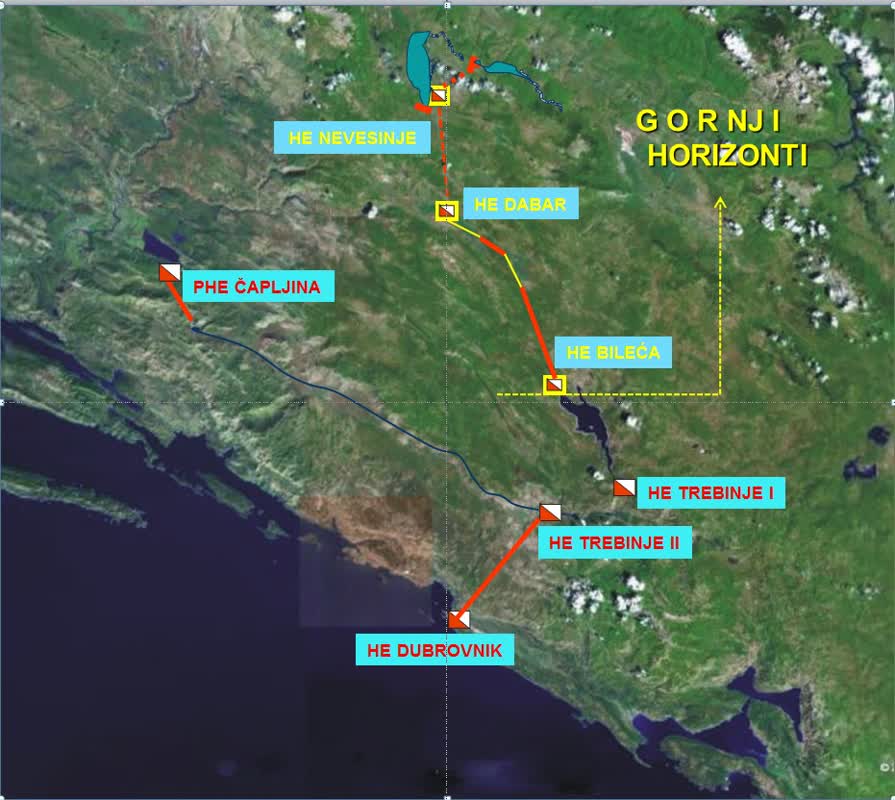A major success for the Neretva protectors in Bosnia and Herzegovina


The district court in Banja Luka has cancelled the building permit for the “Dabar” hydropower plant in eastern Herzegovina. It is of the opinion that the construction of the power plant would have a negative impact on the environment, especially on the Neretva River and the Dubrovnik-Neretva County, which would be affected by salinisation due to the reduced freshwater inflow. This was announced today by the non-governmental organisation Aarhus Centre BiH, which filed a lawsuit against the competent authorities of the Republic of Srpska for the decision that approved the construction of the “Dabar” hydropower plant by the company d.o.o. Trebinje in the Zalomka river basin as part of the Upper Horizons project. This project is intended to divert the water catchment areas of the Zalomka, Buna, Bunica and Bregava rivers, which flow into the Neretva, in order to generate electricity.
Environmental experts have been warning for years that this would cause irreparable ecological damage and threaten the biological minimum of these rivers. The immediate consequences would be felt in the lower basin, particularly in the Neretva delta, where the sea would penetrate much deeper into the riverbed if this project were to be realised, severely affecting the flora and fauna as well as the agriculture on which the region relies.
The court in Banja Luka upheld the claims of the Aarhus Centre BiH that the decision to approve the construction of the “Dabar” hydropower plant violated existing laws, including the laws on environmental protection and the Aarhus Convention, to which BiH is a signatory. Deficiencies in the environmental impact assessment and violations of several international conventions on the protection of the environment and natural habitats were identified.
The Director of the Josip Juraj Strossmayer Water Institute Dr Mario Šiljeg, Associate Professor,
has warned of the harmfulness of this project in numerous specialist articles and media appearances over the past ten years. We recall his interview for Slobodna Dalmacija in 2014, in which he stated: “The environmental impact study for the Dabar hydropower plant has significant shortcomings in the area of assessing the transboundary impact of the construction of this energy plant on the Republic of Croatia. This particularly concerns the hydrological characteristics of the Neretva river basin in its lower reaches, as well as the impact on the biodiversity of Hutovo Blato in the Federation of BiH and the delta of the Neretva river in Croatia,” emphasised Šiljeg, who does not wish to comment on the court’s decision, but he believes that it should definitely prompt an immediate response from the Croatian Ministry of Environmental Protection to co-operate with the Ministry of Foreign Affairs and, in accordance with the Espoo Convention on Transboundary Impacts, put additional pressure on the authorities of the Republic of Srpska to remedy the shortcomings in the environmental impact study. This is a matter of crucial importance for the inhabitants of the Neretva valley on both sides of the border, which is traditionally focussed on agricultural production. Furthermore, the Neretva is an area that requires special care from a biodiversity point of view, and this is also a constitutional obligation of the Croatian state.